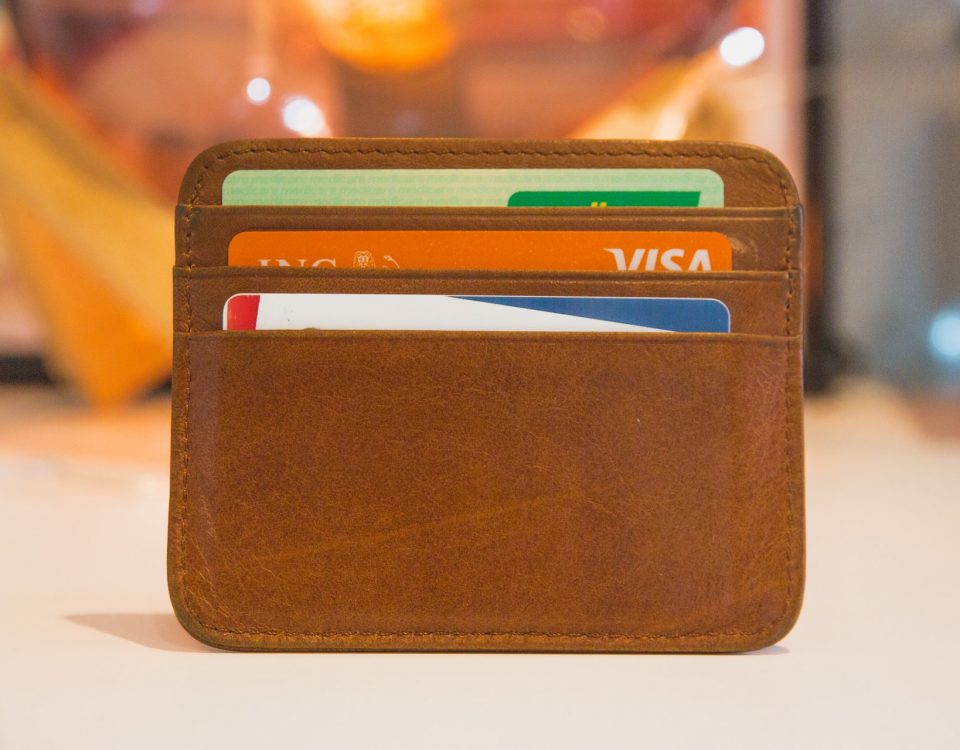
Traditional IRA vs. Roth IRA
October 6, 2016
TIPS TO SAVE MONEY THIS HALLOWEEN
October 26, 2016 The importance of your credit score cannot be overstated. It can determine whether or not you’re hired for a job, whether you’re approved for a loan, what interest rate you pay, the cost of insurance, just to name a few.
The importance of your credit score cannot be overstated. It can determine whether or not you’re hired for a job, whether you’re approved for a loan, what interest rate you pay, the cost of insurance, just to name a few.
Maybe your credit score is in need of repair. TVACCU is here to help.
It’s common for those just starting out in life to have low scores. And many established consumers see their credit score take a nosedive because of a medical or family emergency that hit their family and affected their ability to pay their bills on time. But you can build that score up to a better range by taking a few simple ‘Good Cents’ steps.
1. Get a copy of your credit report
The first step to fixing any problems with your credit is to know exactly what problems you have. And the easiest way to find out what is on your credit report is to review it. But you don’t have to pay a monthly fee to one of those credit services that advertise on late night TV.
TVACCU provides free credit reports and scores – one from each of the “big three” credit reporting agencies – Transunion, Equifax, and Experian, for all TVACCU checking account holders who are registered for our free ID Protection service! With our free IDProtect mobile app, you can review your credit scores, fraud alerts, and more, all from the convenience of your smartphone 24/7!
2. Correct reported errors
If you get your credit report and see that it has some errors, you can get them removed. Common errors in credit reports include balances that are wrong, paid-off bills that are still showing up as being unpaid or overdue, and debts that actually belong to someone else.
You can call or write the credit bureaus to dispute or correct errors at the numbers or addresses below:
TransUnion LLC
Consumer Dispute Center
P.O. Box 2000
Chester, PA 19022
1-800-916-8800
Experian
P.O. Box 4500
Allen, TX 75013
1-888-397-3742
Equifax Information Services LLC
P.O. Box 740256
Atlanta, GA 30374
1-800-685-1111
3. Develop a plan of attack
When you receive your credit report, the factors that lowered your credit score are listed in the report. It could be that you just haven’t used credit enough to merit a high credit score (common for young consumers who are just establishing themselves financially). For those younger members, a share secured loan is a great way to build up your credit.
Or you may have a high credit ratio or a history of making payments late. Whichever issue is listed first on your report is generally the one that has the biggest impact on your score, so you should look at the list as a prioritized to-do list.
4. Adjust your credit ratio
Your credit ratio is a measure of how much debt you are carrying compared to how much debt is available to you. If your credit ratio is too high, there are a couple of ways to improve that part of your credit score.
• If your credit ratio is above 30%, the best thing you can do to raise your score is to pay off enough of your credit card debt (or your auto loan or home equity line of credit, if one of those loans is the culprit) to get you down to 30% or lower.
• It may seem counterintuitive, but sometimes, increasing the line of credit on your credit cards or opening a new credit card is the quickest way to improve the credit ratio portion of your score. That’s because this number is not about the amount of your debt; it’s about the ratio of your current debt to your credit limit. Raising your credit limit will lower your debt ratio.
Good Cents tip: If you’re thinking that to increase your credit limit, you should just get a couple of new credit cards, keep in mind that you shouldn’t do that right before you apply for a loan because adding brand new credit lines can lower your score temporarily.
• If your credit report says that you have a high credit ratio but you don’t have big loans and don’t carry a balance on your credit cards, check to see if it is a matter of timing. If your credit card company’s reports to the credit bureau happen to be run just before your bill’s due date, it could look like you are carrying a higher balance and have a lot of revolving debt. If this is the case, the fix is simple. Just find out what date your credit card company reports your balance and make your monthly credit card payment before that date.
Good Cents tip: Making an early payment for a credit card that reports just before your balance due date may only be worthwhile when you know that you are going to apply for a loan and you want a boost to the credit ratio portion of your score for that application.
5. Pay any overdue or late bills.
Your payment history makes up over a third of your credit score, so any late payments or bills that were turned over to collection agencies will impact your score a lot. One of the most important things that you can do to be financially successful is to pay your bills on time, every time.
But what if you have bills that are already in collections? Try to pay those bills as quickly as possible, and when you do so, ask the lender to remove the collection report from your credit file. Many lenders will do so upon request if you pay the amount you owe in full.



